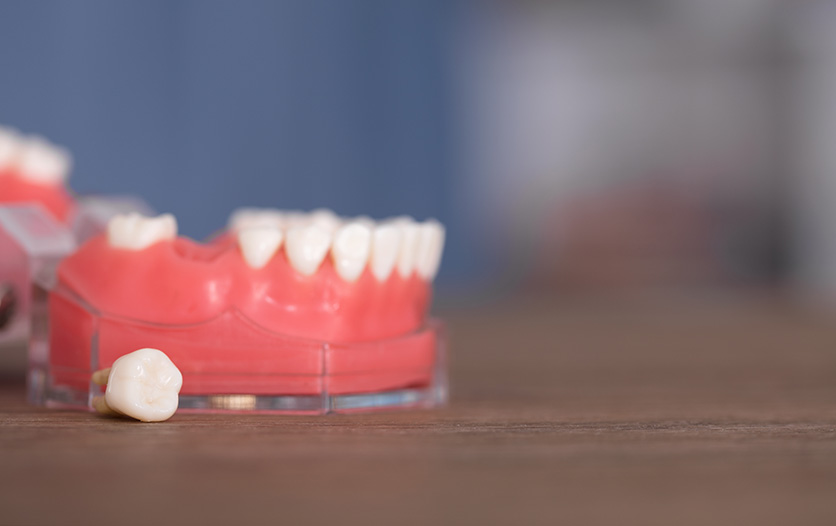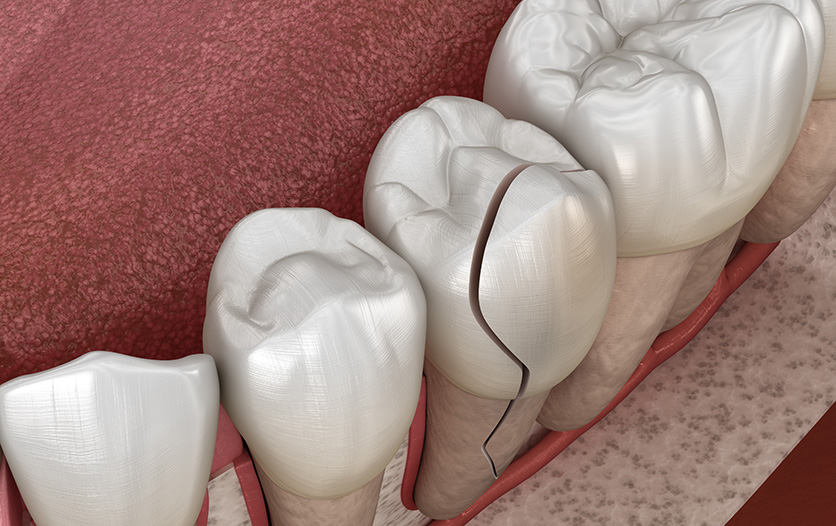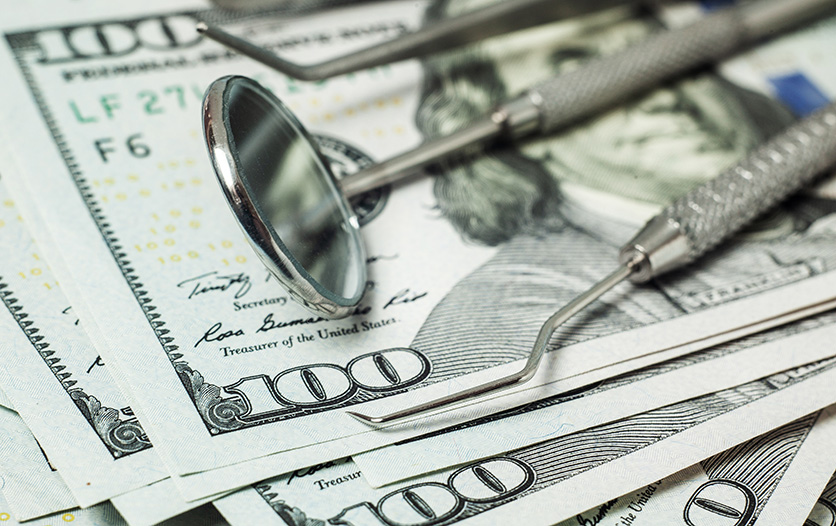
Teeth Extraction: When You May Need It and How It Can Help
Have you ever heard a tough situation described as “it was like pulling teeth?” That is because, historically, the act of tooth extraction was viewed as painful and challenging. Modern dentistry has seen so many advancements with regards to anesthetics and dental tools that a patient today would most likely say, “That wasn’t bad at all” after completing the procedure.
Why Would a Dentist Recommend It?
It is important to note that the goal of proper, routine dental care is to keep your mouth, gums, and teeth healthy. Teeth extractions are therefore not the likely first course of dental treatment. However, there are times when it simply cannot be avoided. Here are five scenarios where your dentist may recommend extracting a tooth or teeth.
-
Severe Periodontal Disease
Gum disease is an infection of the tissues that surround and support your teeth. It is a major factor contributing to tooth loss in adults and is the earliest stage of periodontal disease caused by plaque. Plaque is the sticky film of bacteria that is constantly forming on our teeth after we eat. Advanced gum disease is called periodontitis.
Per the American Dental Association, chronic periodontitis affects 47% of adults over 30 in the United States. It can lead to the loss of tissue and bone that support the teeth. If untreated and allowed to spread, periodontitis may cause your teeth to become loose. At this point, extraction is a viable treatment.
However, there may be other options as well. Treatment methods depend upon the type of disease and how far the condition has progressed. It is important to note that it is possible to have gum disease and have no warning signs. That is why regular dental checkups with periodontal examinations are very important.
-
Severe Tooth Decay
Tooth decay begins with plaque and the breakdown of enamel, which is the hard, outer layer of your teeth. If left untreated, this decay can spread and eventually reach the center of the tooth, called the pulp. Within the pulp lies nerves and blood vessels. If the bacteria from the decay spreads to the pulp, it will likely lead to infection. If the decay is determined to be severe enough, where a root canal or antibiotics would be considered insufficient treatment options, an extraction may be performed as a means to treat the infection to prevent it from spreading.
-
Overcrowded Teeth
In addition to being a cosmetic issue, overcrowded teeth can lead to oral health problems. They create obstructions which negatively impact proper oral hygiene such as brushing and flossing. Subsequently, gum infections, cavities and more serious problems may arise. An orthodontist may recommend extractions if there is no room for teeth to move and realign via standard treatment options, such as braces.
-
Impacted Tooth
An impacted tooth is a tooth that does not break through the gum fully or at all. Overcrowding is usually to blame as there’s just not enough space in your mouth for the tooth (or teeth) to emerge. It is common for this to happen to wisdom teeth. Your dentist may recommend the extraction of the impacted tooth (or teeth) to prevent damage to the roots of your other teeth.
-
Damage Due to Accident or Injury
When tooth damage occurs during an accident or injury (such as an automobile accident or a sports injury), initial treatment is geared towards preserving the patient’s natural teeth. Procedures such as dental bonding, crowns, or veneers are likely to be recommended before tooth extraction. The proper course of treatment simply depends upon the severity of the damage.
Our goal is to always preserve your natural teeth for as long as possible. However, there are times when tooth extraction is the best solution.
Contact Evers Dental today for any inquiries regarding tooth extractions or other dental services near you.




